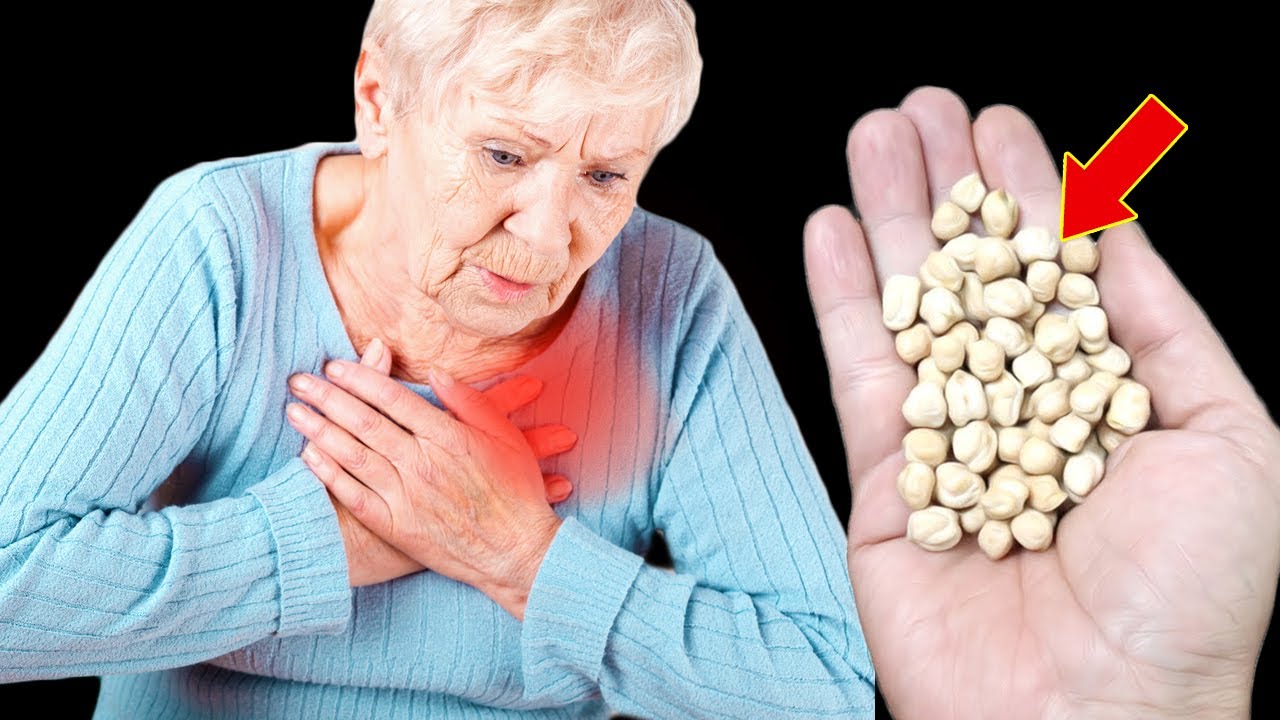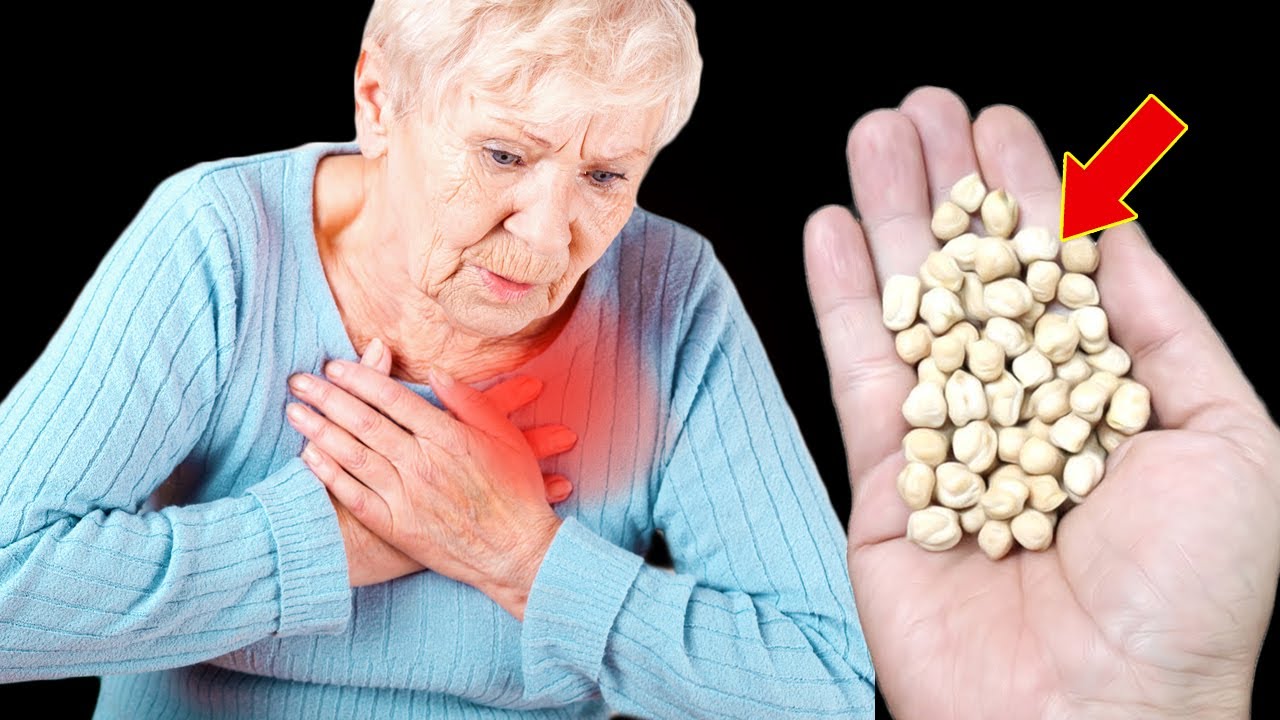
Chickpeas, also known as garbanzo beans, are not only a versatile and nutritious food but also packed with health benefits that can support heart health, help manage cholesterol, reduce diabetes risk, and combat atherosclerosis. Here’s why chickpeas might be a great addition to your diet for these health concerns:
1. Supports Heart Health
- Chickpeas are high in fiber, potassium, and magnesium, all of which contribute to cardiovascular health. Fiber helps lower cholesterol, while potassium and magnesium help regulate blood pressure, reducing the risk of heart attack and other heart-related issues.
2. Reduces Cholesterol Levels
- The soluble fiber in chickpeas binds to bile acids in the digestive system, helping remove them from the body. This process can reduce overall cholesterol levels, particularly LDL (bad cholesterol), which is a major contributor to atherosclerosis and heart disease.
3. Helps Prevent Atherosclerosis
- Atherosclerosis, the buildup of plaque in the arteries, can lead to heart attacks and strokes. Chickpeas contain antioxidants like flavonoids, which help prevent the oxidation of cholesterol, a key factor in the formation of arterial plaque.
4. Manages Blood Sugar Levels for Diabetes
- Chickpeas have a low glycemic index (GI), meaning they cause a gradual rise in blood sugar levels. This can be especially beneficial for people with diabetes or those looking to maintain stable blood sugar. The high fiber and protein content in chickpeas also help slow down the absorption of sugar into the bloodstream.
5. Anti-Inflammatory Effects
- Chickpeas contain antioxidants, which help reduce inflammation in the body. Chronic inflammation is linked to numerous diseases, including diabetes and heart disease. By reducing inflammation, chickpeas can support overall health and decrease the risk of these conditions.
How to Include Chickpeas in Your Diet
- Salads and Soups: Add chickpeas to salads or soups for extra fiber and protein.
- Hummus: Make a homemade hummus by blending chickpeas with olive oil, lemon juice, and garlic for a heart-healthy dip.
- Roasted Snack: Roast chickpeas with a sprinkle of spices for a crunchy and nutritious snack.
- Smoothies: Blend chickpeas into smoothies for a creamy texture and a protein boost.
Daily Consumption Recommendation
A 1/2-cup serving of chickpeas is typically enough to provide their health benefits while keeping calorie intake balanced. Including them regularly in your diet can help support heart health, cholesterol management, and blood sugar control.
Important Considerations
While chickpeas are generally safe and healthy, some people might experience gas or bloating due to their high fiber content. If you’re new to legumes, start with smaller portions and gradually increase to allow your digestive system to adjust. Always consult a healthcare provider if you have any specific health conditions or dietary restrictions.
Incorporating chickpeas into your diet is a natural, cost-effective way to support your health and reduce dependency on medications for managing heart health, cholesterol, and blood sugar levels.




